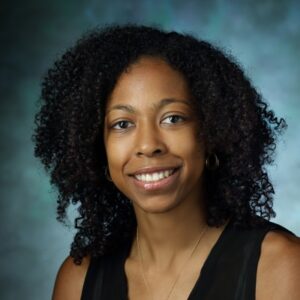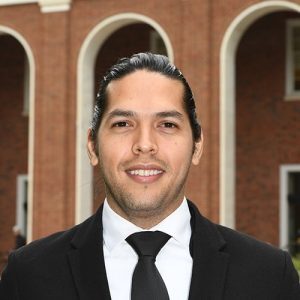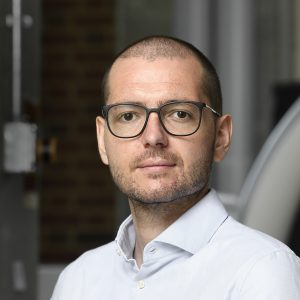 Casey Overby Taylor is an assistant professor of medicine and biomedical engineering at Johns Hopkins University.
Casey Overby Taylor is an assistant professor of medicine and biomedical engineering at Johns Hopkins University.
As a Malone Fellow, Overby Taylor taught the Malone Center undergraduate course, “Developing Health IT Applications.”
Overby Taylor’s research draws from biomedical informatics and the related field of biomedical data science, to address the challenge of how to incorporate technology and digital approaches into clinical research and healthcare practices. She also draws from comparative effectiveness research approaches, including experience with conceptualizing and measuring implementation outcomes, to study the use of clinical decision support as a strategy to improve the adoption of clinically actionable guidance.
Prior to joining Hopkins, Overby Taylor was assistant professor in University of Maryland’s Program for Personalized and Genomic Medicine. She holds a BS from University of Michigan, an MS from University of Pennsylvania, and a PhD from University of Washington School of Medicine.
Mathias Unberath is currently an Assistant Professor in the Department of Computer Science at Johns Hopkins University. He is affiliated with the Laboratory for Computational Sensing and Robotics and the Malone Center for Engineering in Healthcare.
As a Malone Fellow, Mathias led the development of several artifiicial intelligence (AI) initiatives and collaborations.
Mathias’ research consolidates efforts in computer vision, medical physics, and medicine to develop surgeon-centric, end-to-end computer-assisted solutions for image-guided surgery. Currently, he is particularly interested in advancing interventional image processing to tailor image acquisition and augmented reality environments to the clinical task.
He holds a BSc in Physics, a MSc in Optical Technologies, and a PhD in Computer Science from the Friedrich-Alexander-Universität Erlangen-Nürnberg from which he graduated summa cum laude in 2017. He was an ERASMUS scholar at the University of Eastern Finland in 2011 and DAAD fellow at Stanford University throughout 2014.

 Casey Overby Taylor is an assistant professor of medicine and biomedical engineering at Johns Hopkins University.
Casey Overby Taylor is an assistant professor of medicine and biomedical engineering at Johns Hopkins University.